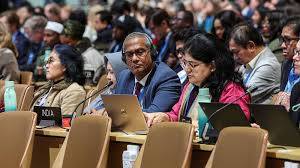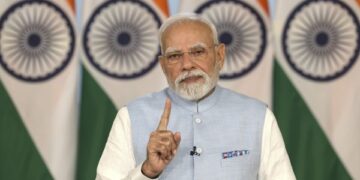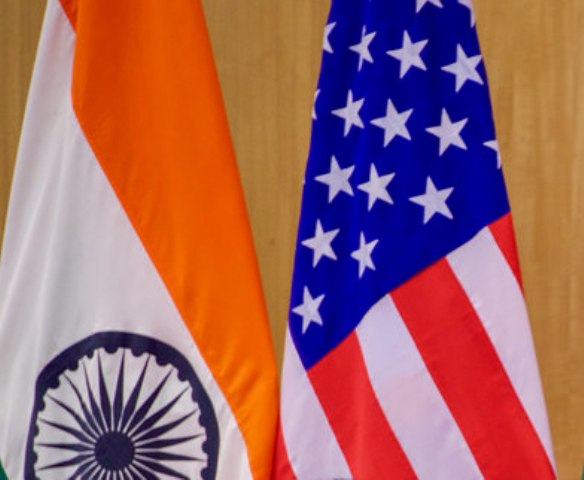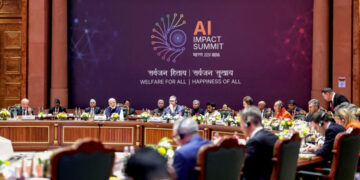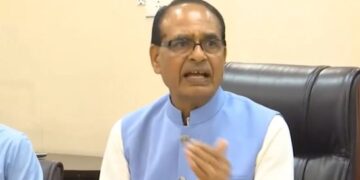Baku (Azerbaijan): India on Sunday fiercely rejected the paltry USD 300 billion climate finance package for the Global South and said the COP29 presidency and the UN climate change office forced through the deal before allowing it to voice its objections.
Making a strong statement on behalf of India at the closing plenary of the UN climate conference here, Chandni Raina, Adviser, Department of Economic Affairs, termed the adoption process “unfair” and “stage-managed” and said it reflected the troubling lack of trust in the UN system.
The UN climate conference adopted a new climate finance package of a meagre USD 300 billion annually by 2035, replacing the USD 100 billion pledge made in 2009.
The USD 300 billion figure is a far cry from the USD 1.3 trillion the Global South has been demanding over the past three years of talks to tackle climate change.
India said its request to speak before the adoption of the climate finance package was ignored.
“We had informed the presidency and the secretariat that we wanted to make a statement before any decision on the adoption. However, and this is for everyone to see, this has been stage-managed, and we are extremely disappointed with this incident,” Raina said.
“We have seen what you have done. However, we would want to say that gavelling and trying to ignore parties from speaking does not behove of the UNFCCC (United Nations Framework Convention on Climate Change) system, and we would want you to hear us and also hear our objections to this adoption. We absolutely object to this,” she said drawing loud applause in a plenary full of diplomats, civil society members and journalists.
Raina said that only trust and collaboration can drive meaningful action against climate change, which is one of humanity’s greatest existential challenges.
“It’s a fact that both (trust and collaboration) have not worked today and we are deeply hurt by the actions of the presidency and the (UNFCCC) Secretariat,” she said.
India said the new climate finance package of a meagre USD 300 billion annually by 2035 is “too little and too distant” and it does not accept it in its present form.
Developed countries, which have historically been responsible for most of the greenhouse gas emissions driving climate change, are required to provide finance, technology, and capacity-building support to developing and low-income economies to help them cope with a warming world.
In 2009, they pledged to provide USD 100 billion per year by 2020. However, this pledge was only met in 2020, with around 70 per cent of the funds coming in the form of loans.
USD 300 billion does not meet the needs and priorities of developing countries. It is incompatible with the principle of CBDR (Common but Differentiated Responsibilities) and equity, regardless of the battle with the impact of climate change, Raina said.
Supporting India, Nigeria said the USD 300 billion climate finance package was a “joke”. Malawi and Bolivia also lent support to India.
Raina said the outcome clearly reflects the unwillingness of developed countries to fulfil their responsibilities.
She said that developing countries are the most impacted by climate change and are being pushed to transition to low-carbon pathways, even at the cost of their growth.
They are also facing unilateral measures, such as the Carbon Border Adjustment Mechanism, by developed countries, which does not make the transition easier.
Raina said the proposed outcome will further affect the developing world’s ability to adapt to climate change and greatly impact its climate goal ambitions and growth.
Issued after tiring, mind-numbing negotiations that continued for an extra day, the deal document said that countries would marshal a total of USD 300 billion per year by 2035 from a wide variety of sources — public and private, bilateral and multilateral, including alternative sources.
The USD 1.3 trillion figure is in the document, but it calls on “all actors”, including public and private, to “work together” to reach this level by 2035.
It does not place the responsibility solely on developed countries.

